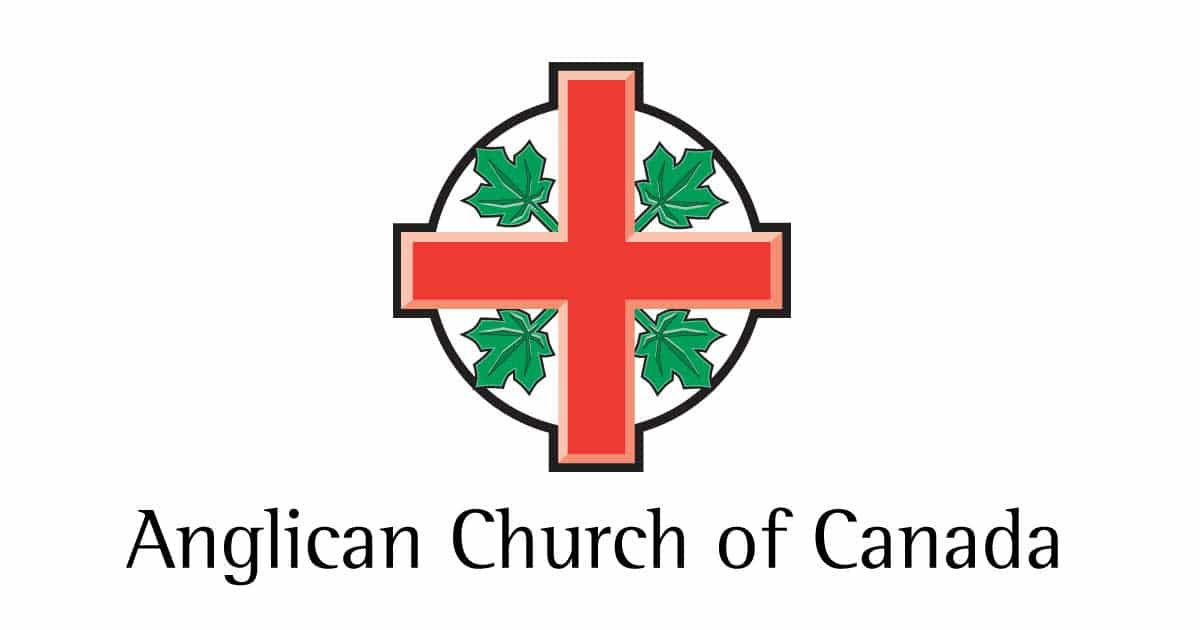Overwhelming death. Those two words, part of the Mississauga Declaration from the Anglican Council of Indigenous Peoples, are part of the cry of hearts broken in Indigenous communities, where death visits at a relentless rate week in and week out.
Earlier this week in Pikangikum, nine people, all members of one family, died in a house fire. It is impossible to know all the things that make up this tragedy, but we know that it took place in cramped and inadequate housing that is particularly vulnerable to fire, we know that fire suppression services in Indigenous communities are often inadequate, lacking the resources they need to carry out their life-saving work. We know that 90% of the homes do not have running water.
The Anglican Church, through the group Pimatisiwin Nipi led by National Indigenous Anglican Bishop Mark Macdonald and the Pikangikum Working Group, is present and working with the First Nation of Pikangikum. Pimatisiwin Nipi (Living Waters) is an advocacy, education and fund-raising group in southern Ontario that came together to build relationships with the people of Pikangikum, and support the installation of indoor plumbing for access to clean water in a number of homes. In partnership with The Primate’s World Relief and Development Fund (PWRDF), Pimatisiwin Nipi is about to begin a second phase of the project to address the urgent need for adequate housing and clean water there.
This is a community we are beginning to know, and that relationship makes us, perhaps, more attentive to the tragic losses that the community is enduring. There are, of course, many such communities across the north, and crises of health, violence, suicide and sudden death are all too common in them. Can our prayer for the families and the community of Pikangikum renew our conviction that the God to whom we pray already stands in the midst of the people for whom we pray? Can we hear the heart of God breaking open to the broken hearts of Indigenous people? Can we hear the voice of God calling us to be part of the healing, justice, and equity without which these tragic losses will continue? As I call our church to prayer for the people of Pikangikum, I call our church to action in support of real change in Canada’s relationship with Indigenous peoples and communities
Our church, along with many others, has just made a strong commitment to the United Nations Declaration on the Rights of Indigenous Peoples. Article 7 of the declaration speaks of rights to life, physical and mental integrity, liberty and security of person.” Article 21 affirms “the right, without discrimination, to the improvement of their economic and social conditions, including, inter alia, in the areas of education, employment, vocational training and retraining, housing, sanitation, health and social security”. And Article 39 asserts “the right to have access to financial and technical assistance from States and through international cooperation, for the enjoyment of the rights contained in this Declaration.” Article 43 describes the rights contained in the Declaration as “the minimum standards for the survival, dignity and well-being of the indigenous peoples of the world. In light of Canada’s consistent failure to approach even such minimum standards, the question for our church, and for our country is this: “How do we move from good intentions in relationship to the United Nations Declaration on the Rights of Indigenous Peoples to focused, concrete, and effective action to comply with its principles, norms, and standards?” I invite your attention in particular to advocacy Pimatisiwin Nipi undertook in 2015, calling on the Minister of Aboriginal Affairs at that time to work with the Province of Ontario to connect Pikangikum to the provincial electrical grid.
It is in that context that I call our church to prayer for the people of Pikangikum, and to relationship, learning, advocacy and action that will contribute to healing, justice and equity in all the communities that, like Pikangikum, need our prayers and our faithful actions. I invite you to join with me in praying, in the words of the Remembering the Children Prayer: “Hear our hope, and guide this country of Canada on a new and better path.” And I invite you to join with people of faith everywhere in seeking every opportunity to join the work of God in answering that prayer.
![]()
Interested in keeping up-to-date on news, opinion, events and resources from the Anglican Church of Canada? Sign up for our email alerts .

